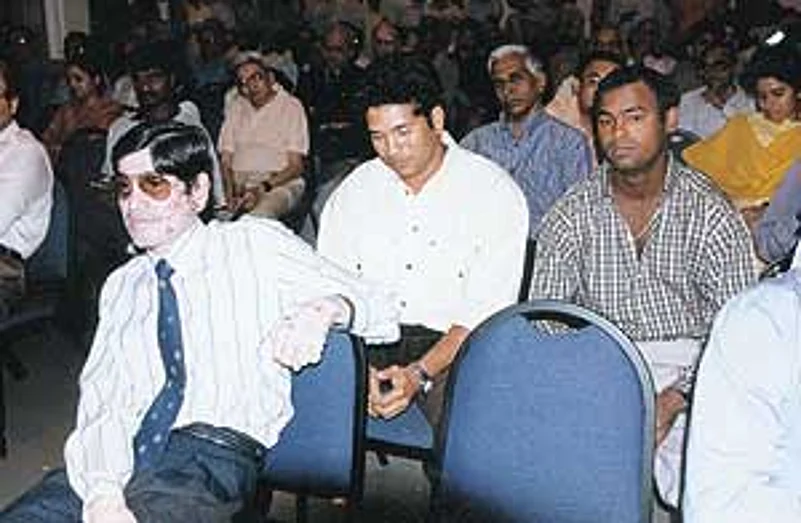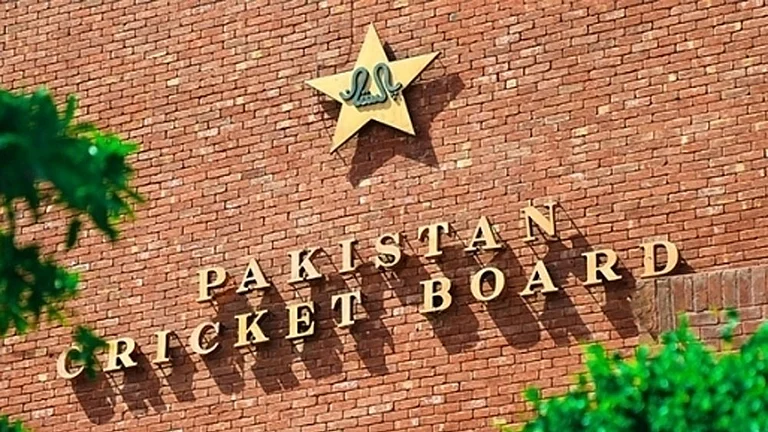
Few were more affected by his death than the famous spin quartet of Chandrasekhar, Bedi, Prasanna and Venkataraghavan. Bedi went so far as to say that the spinners would have been a lot less successful had it not been for Solkar’s electric presence at short-leg. Solkar didn’t quite have the privilege of watching the ball leaving the bowler’s hand, but he quickly learnt to base his anticipation on the batsman’s footwork.
He was also a more-than-useful batsman, riding on grit to put a price on his wicket. Some of his best batting performances came under intense pressure. He started off as a left-arm spinner—trained by the legendary Vinoo Mankad—but was used mainly as a swing bowler who could help to get the shine off the ball before the spinners came on.
Throughout his journey, from a one-room hutment at the P.J. Hindu Gymkhana in Mumbai (he was the son of a groundsman there) to the upscale sea-facing Sportsfield complex in Worli where he lived, Solkar remained a simple, endearing soul, never forgetting his humble beginnings. Cricketer Milind Rege recalls that Solkar’s commitment to the game was such that he turned up to play for Bombay in a Ranji Trophy final after performing his father’s last rites.
Eknath Solkar combined pride and a sense of humour to make a lasting impression on all those who played with or against him. He may be no more but memories of his superb fielding skills will remain forever.


























